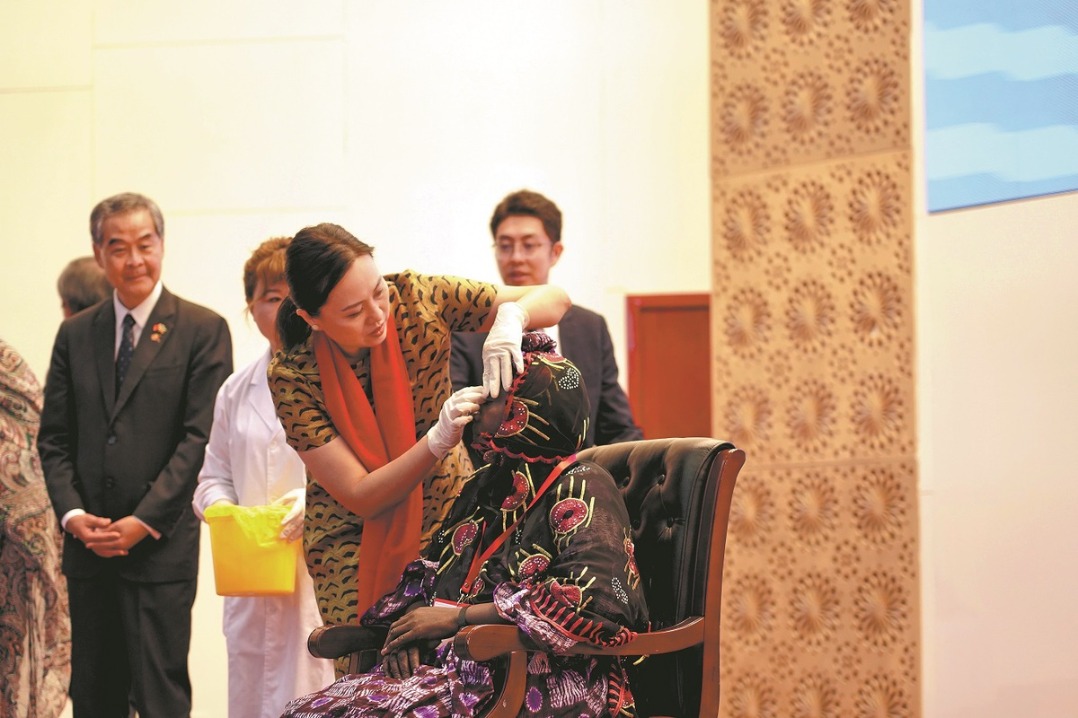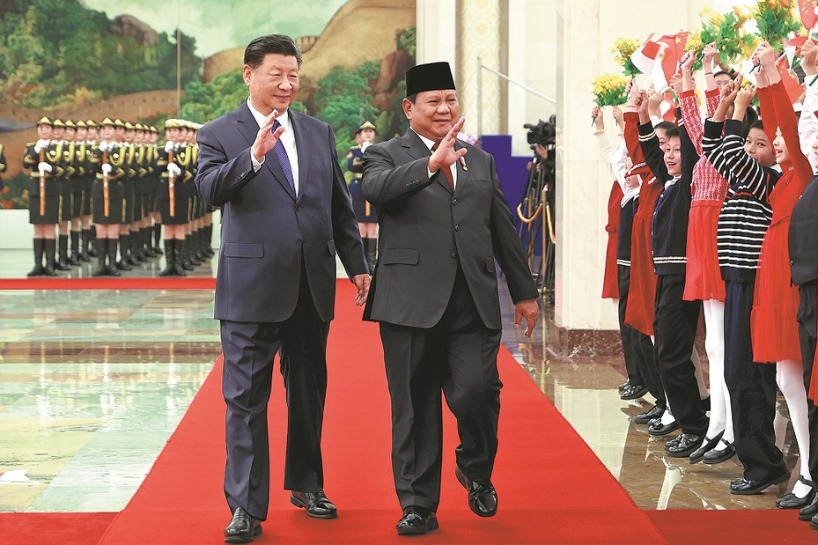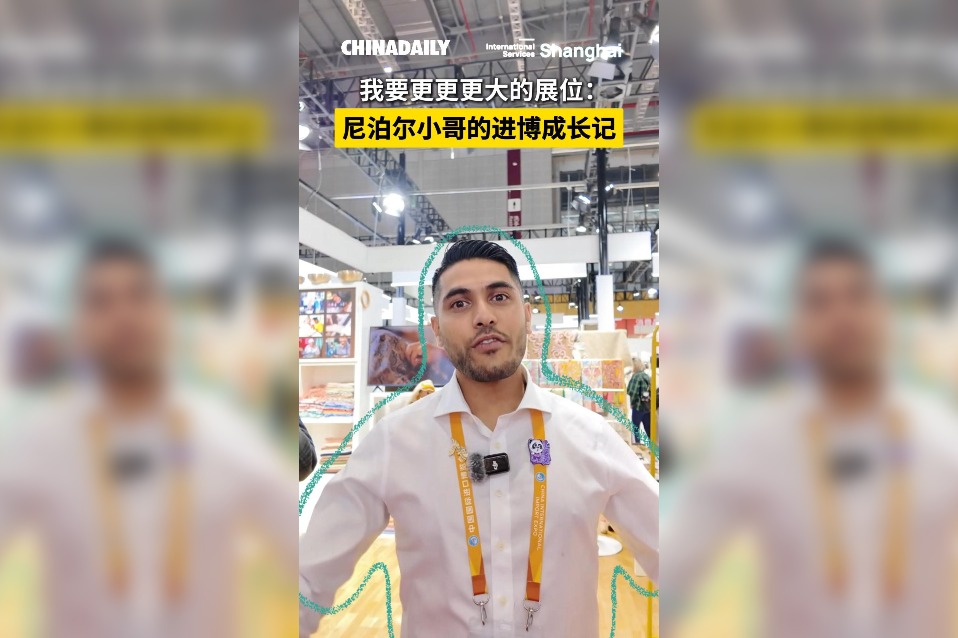Spreading hope along the Belt and Road
Humanitarian aid programs muster volunteers nationwide to help partner countries, regions


At the age of 20, few people are as definite about their career choice as Emily Chan Ying-yang was.
Her parents hoped for her to follow the family tradition and become a respected doctor, but she also had a strong desire to do humanitarian aid work.
Since she made her decision, Chan, now 50, has had numerous front-line experiences bringing care and hope to people around the world.
In war-torn Kosovo, she had a gun pointed at her forehead while escorting a pregnant patient to another region. In Cambodia, she freed young girls from the "fiery pit" of the sex-trafficking trade.
In the slums of Thailand, she sought out people with AIDS and helped them to discover their self-respect and start a new life.
Decades later, and Chan is now chief executive officer of the GX Foundation, a Chinese medical humanitarian aid and charitable organization based in Hong Kong. As part of her role, she shows young people how to conduct humanitarian work in Belt and Road participating regions and countries, such as Cambodia.
Life choices
In her fourth year of secondary school, Chan was sent to the United States to study. Attaining first place in chemistry in California, she gained admission to Johns Hopkins University and qualified to do medical studies after completing a Bachelor of Science degree.
She soon learned that laboratory research was not for her. After the recommendation of her mentor, she joined a United Nations humanitarian project in drought-stricken Zimbabwe in southern Africa as a junior research assistant. The work involved assessing levels of nutrition and vaccinations.
The fragility of human life that Chan felt deeply during her time in Zimbabwe instilled in her the importance of doing humanitarian work. "I want to help those in need at a time of adversity," Chan said.
It was the first time she had witnessed a world torn by war, disaster and disease, and it made her realize that she wanted a life different from that of her parents.
Chan, of course, was met with strong objections from her parents when she broke the news to them that she wanted to stray from the path they had set for her. At one point, she even thought about dropping out of the prestigious medical school she was studying at and remaining in Africa.
Chan's success also reflects Hong Kong's deep connections to humanitarian activities.
She said as a city with high-level healthcare ability, the humanitarian support work carried out by the Hong Kong Special Administrative Region is equivalent to any other, and the SAR's international standing helps link contributions from different areas.
"Hong Kong has been blessed with a good culture of 'contribution' and 'resources giving' for the public good during the past century. Most of the charities and local NGOs are well developed, with proper financial monitoring and management systems," Chan said.
Leung Chun-ying, founder and chairman of the GX Foundation and a former HKSAR chief executive, noted that the procedures for setting up a nongovernmental organization in Hong Kong are simple. He added that the HKSAR government has good management of local NGOs.
Under the advantages of "one country, two systems", Hong Kong enjoys convenient access to many countries and regions. As a global maritime center and a regional transshipment hub, the SAR can transport mobile operating theaters and medical supplies to countries in West Africa, Leung said. It also has advantages in the entire process of procurement, payment, delivery, and management.
In addition, the city's bilingual education system has cultivated a generation of young people eager to travel and work outside the Chinese context, Chan added.























